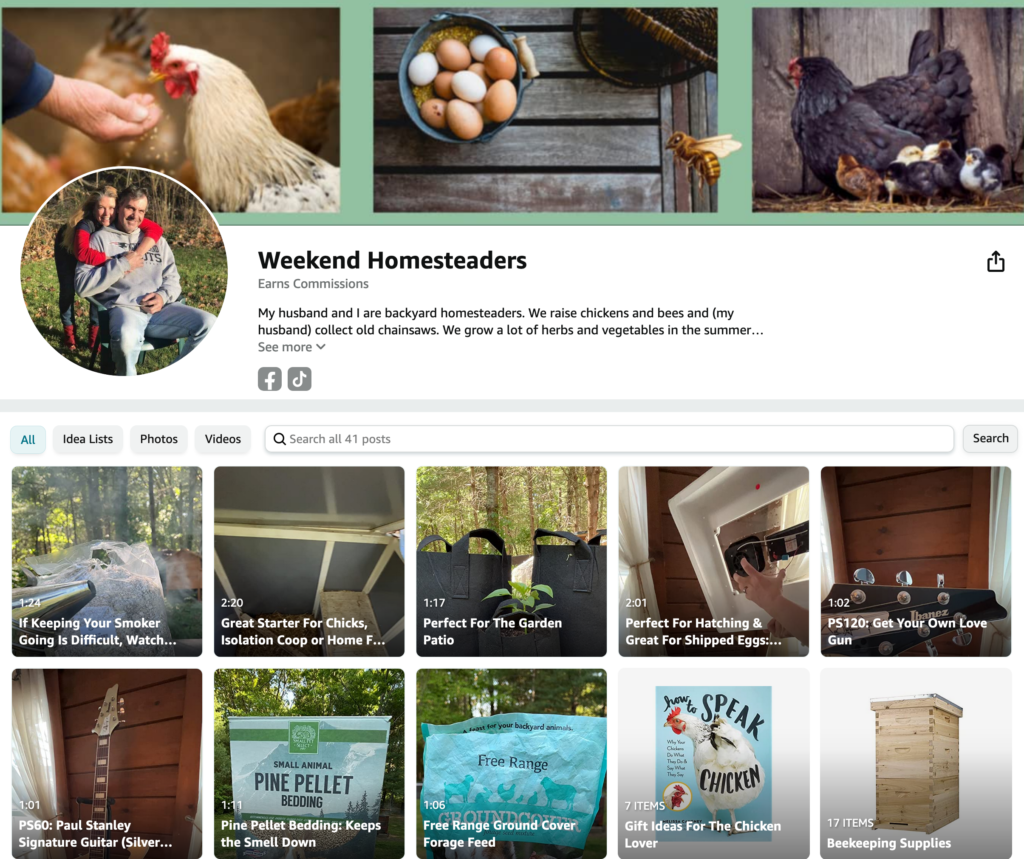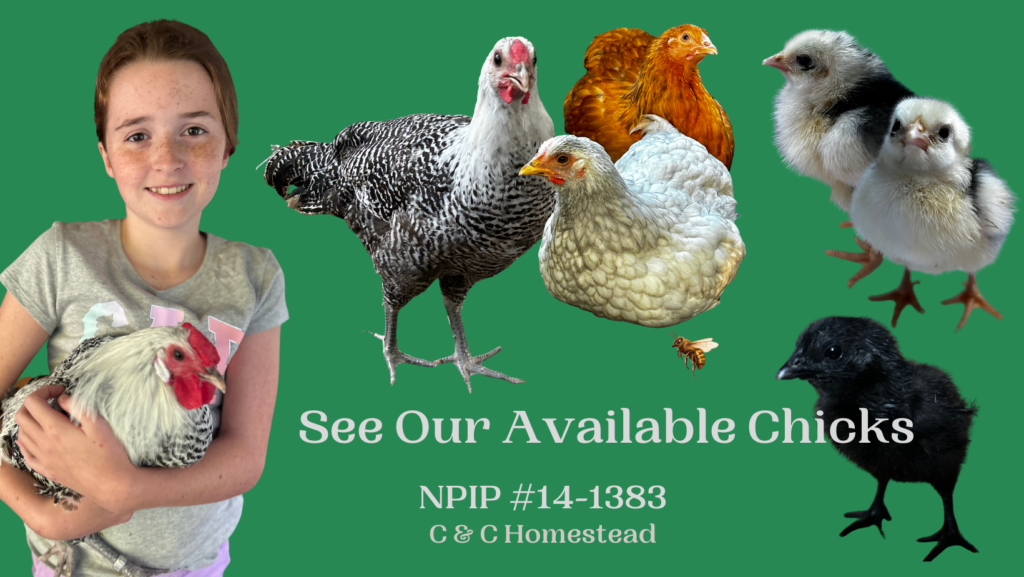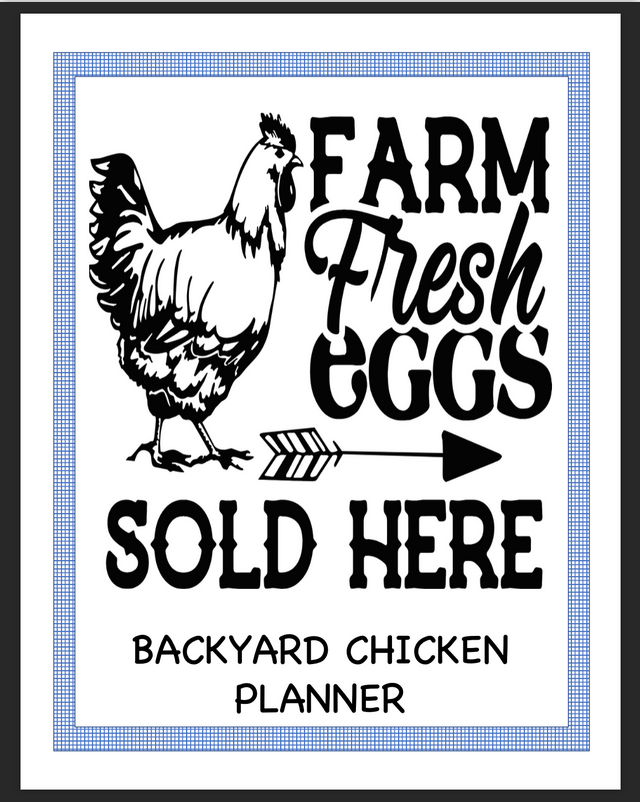Balancing Corporate & Homesteading Lifestyles
Are Bird Flu and Avian Flu the Same
With recent outbreaks making headlines, many people are wondering: Are avian flu and bird flu the same thing? The short answer is yes — avian flu and bird flu refer to the same disease. However, the terms are used in different contexts, and understanding…
Marek’s Disease: Frequently Asked Questions (FAQ)
Marek’s Disease can be a daunting challenge for poultry owners, but understanding the disease and how to manage it can make all the difference. Below are answers to some of the most common questions flock owners ask about Marek’s, presented in an easy-to-read format….
Outbreak Response Plan: Managing a Marek’s Disease Outbreak
A Marek’s Disease outbreak can be overwhelming, but having a clear and actionable plan in place can help you manage the situation effectively. While there is no cure for Marek’s Disease, quick action can reduce further spread in your flock, protect neighboring flocks, and…
Disclosure Guidelines for Selling Birds or Eggs
If you are selling chicks, hatching eggs, or adult birds from a flock that has been exposed to Marek’s Disease, it’s critical to follow ethical and transparent practices. Disclosing the health status of your flock is not only a moral responsibility but also helps…
Bedding Management Tips
Bedding Management Tips: Maintaining a Clean and Safe Environment for a Marek’s-Positive Flock Managing bedding in a Marek’s-positive environment is essential to minimize the spread of the virus and keep your birds healthy. Feather dander, dust, and droppings in the bedding can harbor the…
Ventilation Guide: Creating a Healthier Coop Environment
Proper ventilation is one of the most important factors in maintaining a healthy environment for your flock. Poor airflow can lead to the buildup of harmful ammonia, moisture, and feather dust, which not only makes your birds uncomfortable but also increases the risk of…
Coop Cleaning & Disinfection Checklist
Regular cleaning and disinfection of your coop are critical steps in managing a Marek’s-positive flock and protecting your birds from other pathogens like bacteria, viruses, and parasites. Marek’s Disease spreads through feather dander, dust, and contaminated surfaces, so maintaining a clean environment is essential…
Post-Mortem Guide: Conducting a Basic Necropsy
If a bird in your flock passes away, conducting a post-mortem exam (necropsy) can provide valuable insight into the cause of death. For flocks exposed to Marek’s Disease, identifying characteristic tumors or other abnormalities can help confirm the presence of the disease and guide…
Why Every Flock Needs a Symptom Monitoring Log
When it comes to managing your flock’s health, keeping detailed records can make all the difference. Birds are experts at hiding illness—a survival instinct in the wild—and by the time they show visible signs of sickness, they may already be seriously unwell. A Symptom…
Sick Bird Management
When a bird in your flock becomes sick, quick action is critical to prevent the spread of disease and provide the best possible care for the affected bird. This guide outlines detailed steps for isolating symptomatic birds, caring for them, and making humane decisions…



